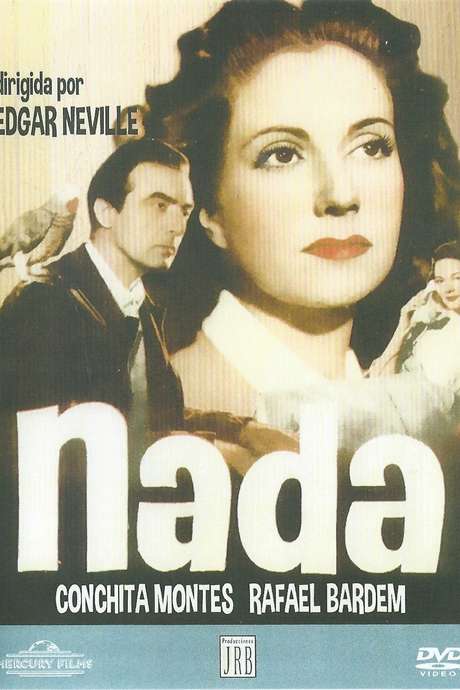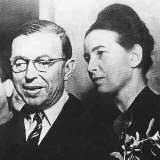

Between roughly 19, when he was at his most productive, Sartre exerted enormous influence on such currents as existentialism (with which he is most associated), phenomenology, and philosophical anthropology. One risks dramatic understatement in designating Jean-Paul Sartre (1905-1980) as among the most important philosophers of the twentieth century. Nasher Museum of Art at Duke University, Gift of Charles (A.B.’84) and Linda Googe, 2019.17.157. The Harvard Crimson published an unattributed review of the book which states "Sartre's new novel is a rare and welcome plant in a period that almost completely lacks a balanced combination of emotional intensity and maturity in its writers." However, the review goes on to remark how Sartre seems to be preoccupied with describing the physical act of vomiting.Top Image: Jean Paul Sartre and Simone de Beauvoir, the year Sartre won the Nobel Prize. As a somber background to Mathieu's private dilemma, Sartre presents a picture of the war in Spain and of the eve of the war in Europe." The New York Times review stated "There is, indeed, something more in The Age of Reason than an exciting novel and a philosophical problem. One of the notions is that ultimately a person's freedom is unassailable as it is fundamentally part of the nothingness that is the imagination and so cannot be taken away or destroyed. The novel is a fictional reprise of some of the main themes in his major philosophical study Being and Nothingness (1943). As the novel progresses, character narratives espouse Sartre's view of what it means to be free and how one operates within the framework of society with this philosophy.

The work seeks to illustrate the existentialist notion of ultimate freedom through presenting a detailed account of the characters' psychologies as they are forced to make significant decisions in their lives. The Age of Reason is concerned with Sartre's conception of freedom as the ultimate aim of human existence. Sartre analyses the motives of various characters and their actions and takes into account the perceptions of others to give the reader a comprehensive picture of the main character.

The novel, set in the bohemian Paris in 1938, focuses on three days in the life of philosophy teacher Mathieu who is seeking money to pay for an abortion for his girlfriend, Marcelle.

It is the first part of the trilogy The Roads to Freedom. The Age of Reason ( French: L'âge de raison) is a 1945 novel by the philosopher Jean-Paul Sartre.


 0 kommentar(er)
0 kommentar(er)
